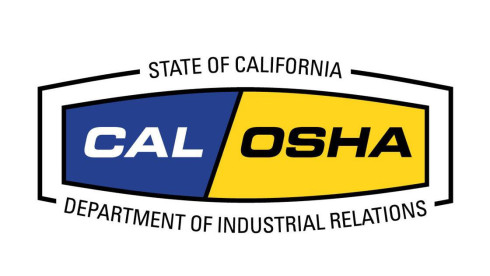By Cal/OSHA Reporter
Cal/OSHA’s Division of Occupational Safety and Health has received up to 1,500 complaints about employers alleged failing to provide proper protection during the COVID-19 crisis, according to DOSH Deputy Chief Eric Berg.
The revelation came as stakeholders and Standards Board members pressed Berg, the deputy chief for health, for clarification on Division guidance on personal protective equipment during the virus crisis. The exchange came at the April 16 board meeting, held by teleconference.
Jessica Early, a representative of the National Union of Healthcare Workers expressed concern that DOSH’s interim guidance on PPE for healthcare workers “have undercut respiratory protections.” Taylor Jackson, a lobbyist for the California Nurses Association, asserted that hospitals are “locking up and rationing” respirator supplies.
In response, Berg said the interim guidelines, which align with federal Centers for Disease Control and supercede previous Cal/OSHA guidance on respirators, were only published “because of the extreme shortage that we’re experiencing,” Berg said. “Droplet protections [in healthcare settings] are not sufficient to protect employees,” he added. “Respirators have to be used unless it’s not possible to get fitted respirators due to supply constraints.”
Asked by board occupational safety representative Laura Stock whether DOSH is investigating allegations of respirator stockpiling, Berg affirmed that the Division is doing so. “When we get a complaint or otherwise investigate employers for failing to provide respirators as required,” he said. “We would investigate how many respirators they have coming in, their burn rate and what their stock is.”
Berg’s comment about the crush of complaints came in response to a question from Barbara Bergel, the board’s occupational health representative. She wanted to know whether DOSH has investigated complaints related to non-healthcare workers in hospital settings performing deep cleaning. “We’ve had over a thousand complaints, up to 1,500,” Berg replied. “I’m not aware of all of them.”
To put that number in perspective, for the first quarter of 2019, DOSH investigated 488 complaints.
Berg also emphasized that employers covered by the aerosol transmissible diseases standard (General Industry Safety Orders §5199), such as healthcare, have responsibilities under the standard even if they face a respirator shortage. “If they’re low on respirators and they have to switch to non-respirator protections in that circumstance, that is a change in their ATD program. They are required to communicate these issues with employees and their bargaining representatives” and train them, he explained.
Essential and still open industries are required to identify and address COVID hazards through their Injury and Illness Prevention Program. “Given the widespread nature of COVID, it is a hazard in all workplaces that have some sort of contact with people,” he said. “Once they identify that hazard, that requires them to take appropriate action.” That means following Cal/OSHA guidelines “unless there’s something specific that makes it not possible.”
The Division has developed COVID guidelines for general industry, as well as for several specific industries.
